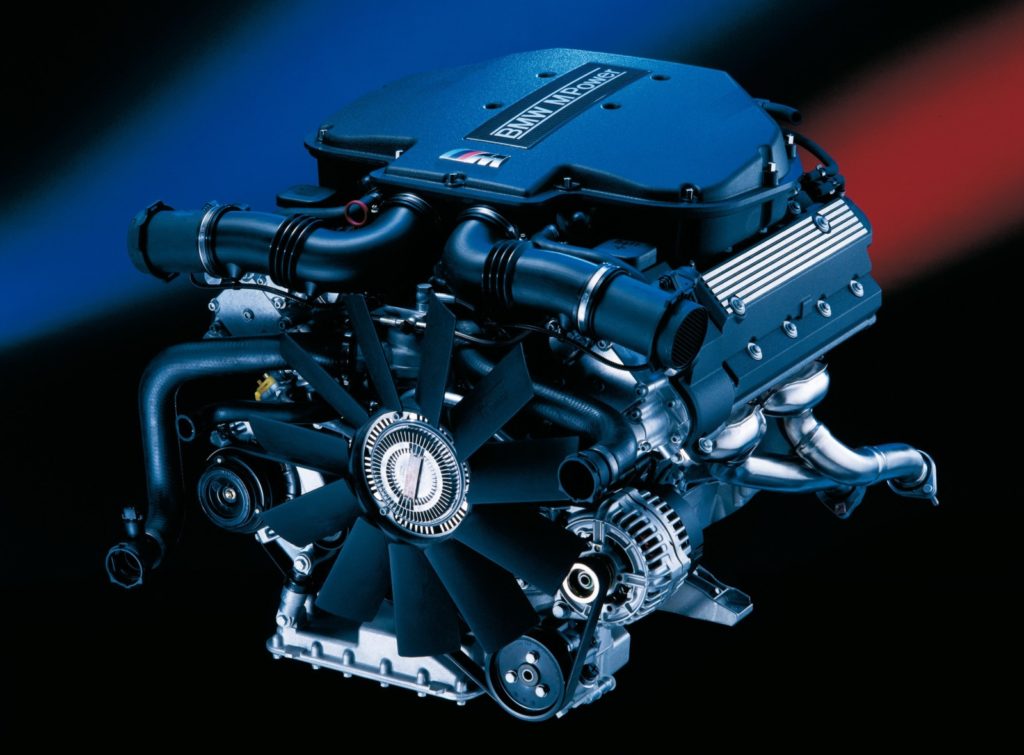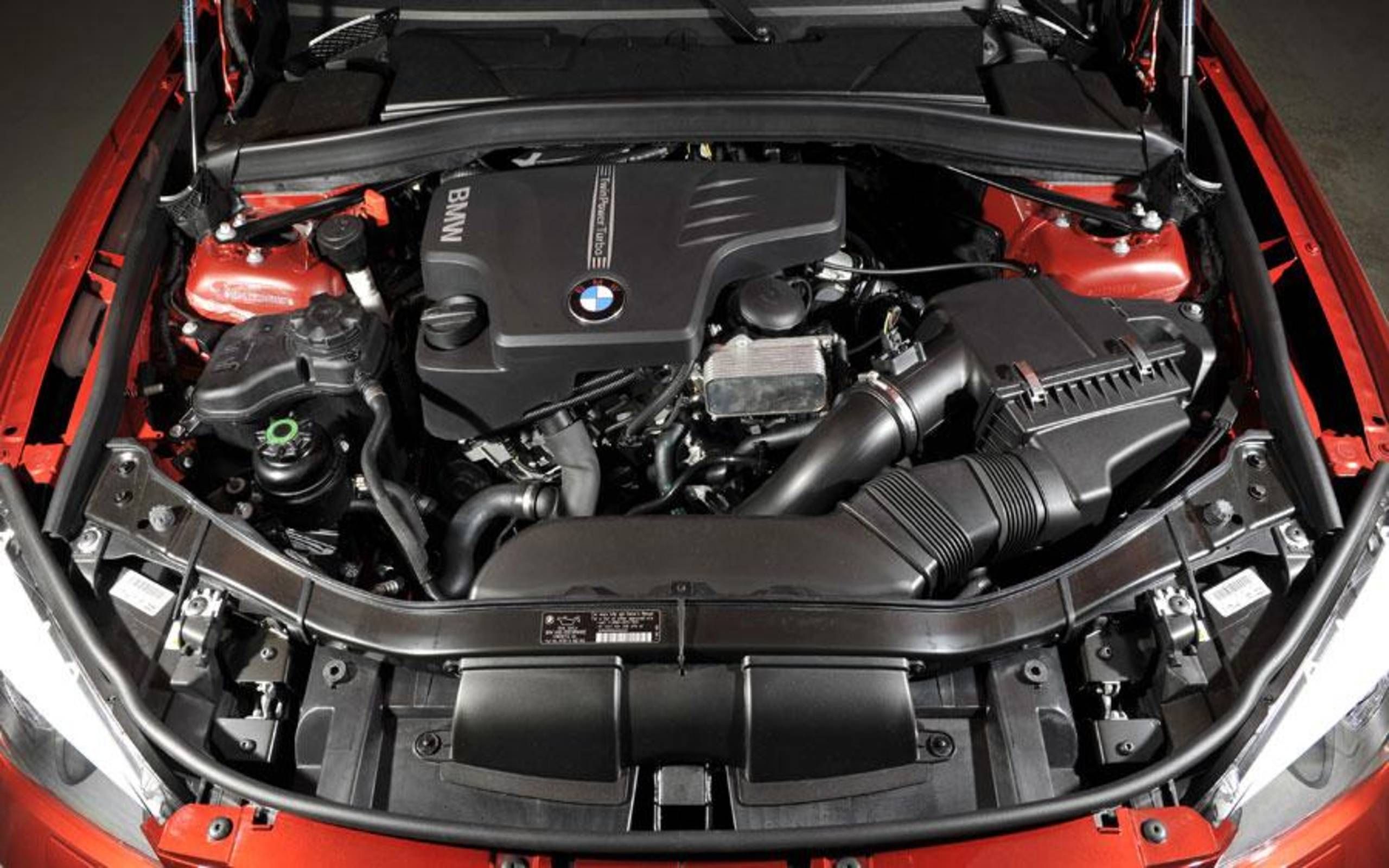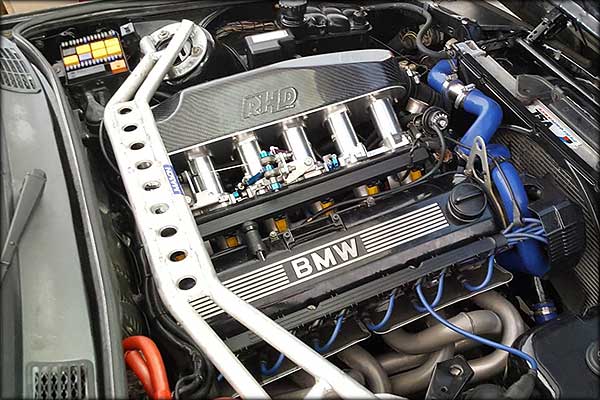Revealing the Intricacies of Next-Generation Power Units: a Deep Dive Into Advanced Engine Designs and Advancements
In the world of auto design, the ruthless quest of efficiency, sustainability, and performance has actually propelled the advancement of power devices to extraordinary elevations. As we stand on the precipice of a brand-new period in transport, the ins and outs of next-generation engine styles beckon us to check out the advanced technologies and innovations that assure to redefine the driving experience. From sophisticated materials that push the borders of resilience and weight decrease to advanced turbocharging and supercharging systems that raise power result to new levels, each part of these power units holds a key to opening the future of auto engineering. Delving much deeper into the worlds of emission control, smart engine management systems, and the perspective of power system development, we locate ourselves on the cusp of a transformation that guarantees to reshape the landscape of movement as we understand it.
Development of Engine Products

The shift towards progressed engine products has also allowed engineers to make engines with greater power outcomes while keeping gas efficiency standards. As an example, the usage of light-weight products lowers the general weight of the engine, bring about boosted gas economy and lower emissions. Additionally, advancements in materials technology have enabled much better thermal administration within engines, leading to enhanced reliability and durability.
Turbocharging and Supercharging Technologies
Exactly How do Turbocharging and Supercharging Technologies transform engine performance and performance in contemporary automobiles? Turbo charging and turbocharging are technologies that significantly boost engine performance by enhancing the amount of air consumption into the burning chamber. Turbocharging achieves this by utilizing a wind turbine driven by exhaust gases to pressurize the consumption air, while supercharging utilizes a belt- or chain-driven compressor to achieve the very same effect.
These modern technologies allow smaller, a lot more fuel-efficient engines to produce power equal to larger ones, known as downsizing. By forcing even more air right into the cylinders, turbocharging and turbo charging boost combustion performance, leading to raised horsepower and torque output without a considerable increase in engine size. This leads to much better velocity, towing ability, and general driving efficiency.
Furthermore, turbocharging and turbo charging contribute to enhanced gas efficiency by enabling the usage of smaller engines that take in less gas under normal driving conditions - bmw engine. This mix of improved performance and performance has made turbocharging and turbo charging integral elements of lots of modern-day engine designs
Exhaust Control and Environmental Impact
With enhancing worldwide problems concerning air high quality and environmental sustainability, the application of discharge control modern technologies in vehicles plays an important duty in decreasing unsafe toxins released right into the atmosphere. Modern cars are geared up with advanced exhaust control systems that aid decrease the ecological influence of auto operations. Catalytic converters, for instance, are developed to convert harmful gases such as carbon monoxide, nitrogen oxides, and hydrocarbons into less dangerous compounds like carbon dioxide and water vapor.
Additionally, improvements in check here engine innovation, such as the combination of exhaust gas recirculation systems and careful catalytic reduction, have considerably contributed to lowering exhausts. These technologies work in tandem to enhance burning performance and minimize the launch of hazardous pollutants right into the air. Furthermore, the advancement of hybrid and electrical vehicles stands for a vital step towards lowering the total environmental footprint of the transport market.
Intelligent Engine Management Equipment

Furthermore, these systems make it possible Full Article for cars to fulfill rigid emissions criteria without jeopardizing performance, providing a much more environmentally pleasant driving experience. The combination of man-made knowledge and artificial intelligence abilities in engine management systems remains to push the limits of what is possible, bring about additional renovations in efficiency, dependability, and total automobile efficiency. bmw engine. As automobile innovation advancements, smart engine management systems will certainly play an essential function in forming the future of transportation towards an extra sustainable and reliable instructions
Future Trends in Power System Advancement
As intelligent engine management systems pave the way for enhanced control and optimization in modern vehicles, future fads in power device development are poised to redefine the landscape of automotive propulsion technologies. These alternative power resources supply boosted performance and efficiency while lining up with rigid environmental regulations.
Another substantial trend is the combination of advanced products and producing methods. Lightweight products such as carbon fiber and light weight aluminum are being used to decrease overall lorry weight, improving fuel effectiveness and performance. Furthermore, advancements in 3D printing and additive production are making it possible for the manufacturing of complex engine components with greater precision and sturdiness.
Moreover, expert system and maker discovering are playing a vital function in maximizing power system efficiency. These innovations permit real-time monitoring and adaptive control, leading to more reliable and reliable power shipment. On the whole, future patterns in power device development are tailored towards efficiency, efficiency, and sustainability, driving the vehicle market in the direction of a new period of propulsion technologies.

Conclusion
In Going Here final thought, the innovations in engine materials, turbocharging, emission control, and intelligent monitoring systems have actually led the method for next-generation power devices. The intricate styles and advancements in modern-day engines display the ongoing evolution of auto technology.
Checking out the modern improvements in engine products has actually been crucial in boosting the performance and effectiveness of contemporary engines. Over the years, the development of engine products has actually played a critical duty in pressing the boundaries of what engines can achieve.The shift towards advanced engine products has actually additionally made it possible for designers to design engines with greater power results while keeping gas effectiveness standards.The application of intelligent engine management systems in modern vehicles has actually changed the means engines are controlled and optimized for performance and performance. By accumulating information in real-time and evaluating it with sophisticated algorithms, smart engine monitoring systems can adjust to driving styles, environmental variables, and engine wellness to make the most of power outcome while lessening fuel consumption and exhausts.